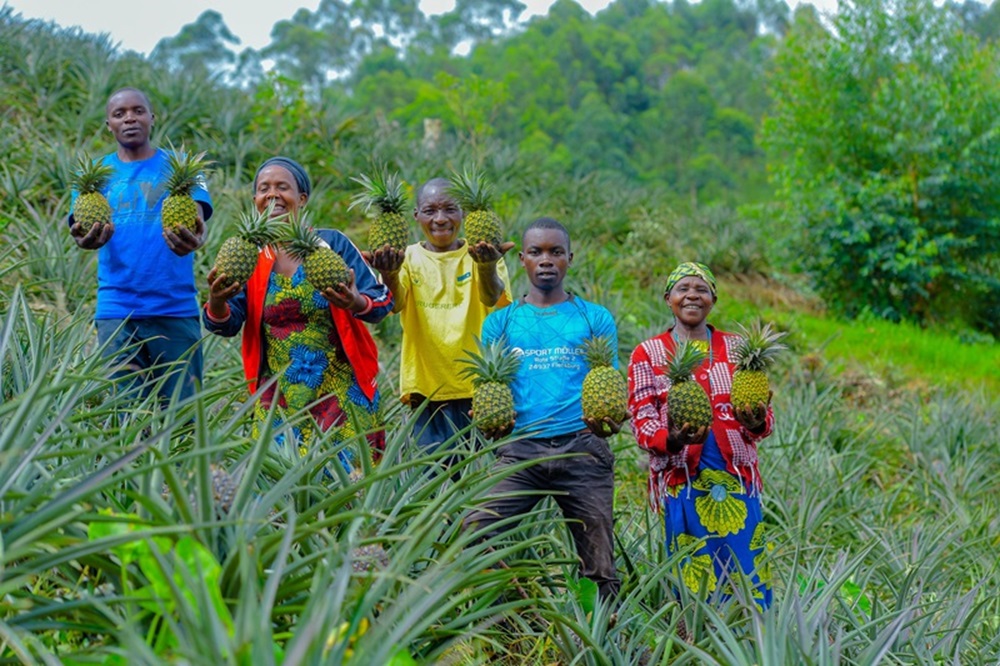- Project Type Agriculture
- Date 2011
- Address Kigali-Rwanda

Ecological Organic Agriculture - Initiative
The EOA Initiative is a continental undertaking implemented under the guidance and oversight of the African Union (AU) chaired Continental Steering Committee. It’s designed to establish an African organic platform, based on available best practices and to develop sustainable organic farming systems. The initiative embraces holistic production systems that sustain the health of soils, ecosystems and people. It relies on ecological processes, biodiversity and cycles adapted to local conditions rather than on use of external inputs with adverse effects on people’s total health (human, animal, plant and environment). The overall goal of the initiative is to contribute to mainstreaming of Ecological Organic Agriculture into national agricultural production systems by 2025 and to improve agricultural productivity, food security, access to markets and sustainable development in Africa. This second phase, also supported by SDC and prepared in line with the EOA-Initiative (EOA-I) Action Plan and Strategic Plan has five objectives which are: 1) To improve quality of life for all households in EOA implementing countries by mainstreaming ecological organic agriculture practices and technologies into the national agricultural systems 2) To avail information and knowledge needed by EOA value chain actors through demand driven, multi-disciplinary, gender sensitive, participatory research and repositories 3) To enhance adoption of EOA technologies and practices through systematic dissemination of research and experience-based information, knowledge and training of value chain actors 4) To substantially increase share of quality organic products at local, national, regional and international markets through value chain development and market strengthening 5) To enhance structured management and governance of EOA through coordination, networking, advocacy, multi stakeholder platforms and capacity building leading to positive changes in agricultural systems in Africa. Phase I involved eight (8) African countries namely; Benin, Ethiopia, Kenya, Mali, Nigeria, Senegal, Tanzania and Uganda. It was co-financed by the SDC, the Swedish Society for Nature Conservation (SSNC), and European Union through AU. Implementation was undertaken by Country Lead Organizations (CLOs) and their Pillar Implementing Partners (PIPs) selected by National Platforms under the coordination and management of the executing agencies, Biovision Africa Trust (BvAT) for the SDC support and Participatory Ecological Land Use Management (PELUM) Kenya for the SSNC support. Phase II, will be implemented in 9 countries; the eight in Phase I and Rwanda being the new entrant. This Phase will be driven by 4 pillars, namely: i) Research and Applied Knowledge ii) Information and Communication iii) Value Chain and Market Development iv) Management Coordination and Governance. The four pillars comprehensively capture the Initiative’s five-year Action Plan anchored on six interrelated strategies: i) Research Training and Extension ii) Information and Communication iii) Value Chain and Market Development iv) Networking and Partnership v) Policy and Program Development vi) Institutional Capacity Development.